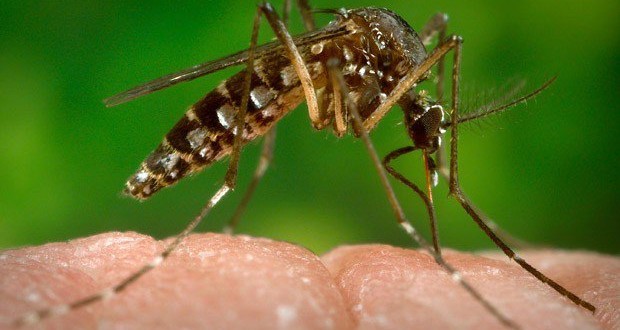The BC Centre for Disease Control says a B.C. resident who recently travelled to El Salvador has contracted the Zika virus.
This is a virus that is spread to people through mosquito bites, but those mosquitoes that transmit the virus to humans are not found in Canada.
Widespread outbreaks were reported in Brazil and Columbia in 2015 with cases also discovered in Chile, El Salvador, Guatemala, Mexico, Paraguay, Suriname, and Venezuela.
“Canadians travellers visiting affected areas, particularly pregnant women, should help protect themselves against Zika virus by taking individual protective measures to prevent mosquito bites, including using insect repellent, protective clothing, mosquito nets, screened doors and windows,” warns Health Canada.
“There is no vaccine or medication that protects against Zika virus infection.”
“Although the risk of virus establishment in Canada is low, there is ongoing risk to Canadians travelling to endemic regions,” reads the public health warning.
There have been no locally-acquired cases of Zika virus in Canada as the mosquitoes known to transmit the virus to humans are not present in the country. The last reported case occurred in 2013 involved a patient with a “history of travel to Thailand.”
While no restrictions to travel have been made currently, Health Canada says it continues to monitor the situation “very closely.” If you develop symptoms similar to Zika virus while travelling abroad or after returning to Canada, you’re advised to contact your doctor.
Key Facts
Zika virus is transmitted to humans by infected mosquitoes. It causes mild fever and rash. Other symptoms include muscle pain, joint pain, headache, pain behind the eyes and conjunctivitis.
Zika virus disease is usually mild, with symptoms lasting only a few days.
The disease has similar clinical signs to dengue, and may be misdiagnosed in areas where dengue is common.
There is no cure for Zika virus disease. Treatment is focused on relieving the symptoms.
Prevention and control relies on reducing the breeding of Aedes mosquitoes and minimizing contact between mosquito vectors and people by using barriers (such as repellents, insect screens), reducing water-filled habitats supporting mosquito larvae in and close to dwellings, and reducing the adult mosquito populations around at-risk communities.
Signs and symptoms
Zika virus infection is characterized by low grade fever (less than 38.5°C) frequently accompanied by a maculopapular rash. Other common symptoms include muscle pain, joint pain with possible swelling (notably of the small joints of the hands and feet), headache, pain behind the eyes and conjunctivitis. As symptoms are often mild, infection may go unrecognized or be misdiagnosed as dengue.
A high rate of asymptomatic infection with Zika virus is expected, similar to other flaviviruses, such as dengue virus and West Nile virus. Approximately one in four people infected with Zika virus will develop symptoms. Most people fully recover without severe complications, and hospitalization rates are low. To date, there have been no reported deaths associated with Zika virus.
Treatment
There is no commercial vaccine or specific antiviral drug treatment for Zika virus infection. Treatment is directed primarily at relieving symptoms using anti-pyretics and analgesics.
Agencies/Canadajournal
 Canada Journal – News of the World Articles and videos to bring you the biggest Canadian news stories from across the country every day
Canada Journal – News of the World Articles and videos to bring you the biggest Canadian news stories from across the country every day



